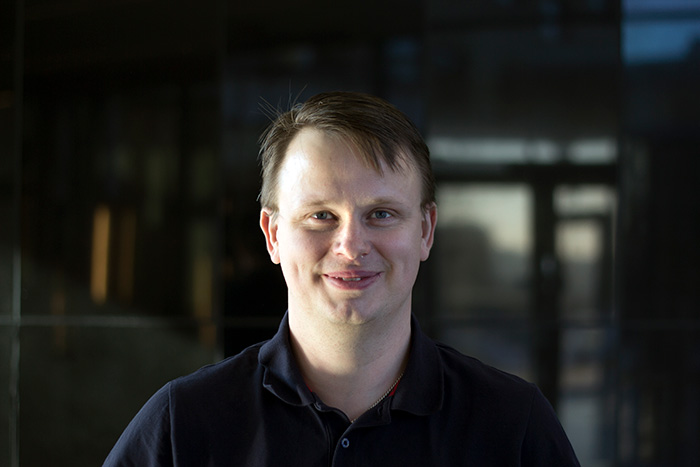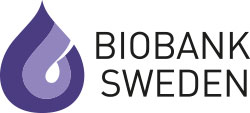
Faster and more individualized cancer treatment
Anders Ståhlberg works on developing new ways to detect cancer with the help of blood and urine samples. The samples are easy to take and can be collected by a nurse, rather than the patient having to go through expensive MRI or X-ray examinations. He conducts his research in close collaboration with healthcare to help ensure that the new tests are handled correctly from the very start.
Early detection of cancer is crucial for the ability to treat the disease. It is also extremely valuable to be able to assess the effects of a treatment as quickly as possible. Anders Ståhlberg and his research group at Sahlgrenska University Hospital in Gothenburg have worked on this for a few years.
– We develop and adapt new methods for looking for biomarkers in bodily fluids, such as blood and urine, which can tell us whether a person has cancer or not. The tests can also be used to demonstrate how well the patient responds to treatment.
Faster and far cheaper
The technique is dependent on people with cancer having damaged DNA from tumor cells circulating in the blood. These molecules can often be detected in a normal blood test long before the tumor is visible via, for example, tomography, MRI, X-ray or ultrasound.
– It’s also much easier if a patient can just go to their health center and give a sample instead of having to schedule an MRI or X-ray, for example. It will also be much cheaper for healthcare.
Anders Ståhlberg is an associate professor and leads Sahlgrenska University Hospital’s initiative to develop future cancer diagnostics with the help of bodily fluids. The project is supported by the Wallenberg Center for Molecular and Translational Medicine at the University of Gothenburg. He also conducts more general cancer research at the University of Gothenburg.
Developing the biobank
All of Anders Ståhlberg’s research is based on samples from patients or from his research group at Sahlgrenska University Hospital, and all these samples are stored in a biobank. In Anders Stålberg’s case, this means Biobank Väst.
– We also use samples from other biobanks, but Biobank Väst handles the interaction with those other biobanks.
He is also very much involved in the development of the biobank.
– We have some highly specific requirements regarding how samples should be collected, so we’re involved in building new sample collections. If the biobank’s workflows reflect our needs, it may be useful for others as well.
He has also been involved in discussions regarding how biobank materials are best transported and used throughout all of Sweden. It is important to stay connected to healthcare. They also work at the other end of the process, the everyday clinical activity.
– We are located in the same building as those working on routine diagnostics, so we consistently work together. The day our tests are implemented as clinical routine, everyone should know what samples to collect. The end goal is for this to benefit the patient as much as possible, so then we should do the right thing from the start, even before the new tests are used.
He has high hopes that their methods can also be used for diseases other than cancer.
– Our methods probably work on, for instance, autoimmune diseases, and perhaps neurodegenerative illnesses, and several other types of diseases. They also work for identifying early transplant rejection.
Safe freezers and good order
Much of Anders Ståhlberg’s work focuses on starting clinical trials for new marker candidates. It is a lengthy but necessary process.
– Some of the studies we manage will run for ten years. Some analyses will also need to be conducted after the studies are completed.
Without the biobank’s support in organizing and storing the samples from these studies, researchers would have to be responsible for this themselves.
– Before the biobanks, there were some enterprising researchers who collected samples, and you would also have your own research nurses, who managed biobank samples. Now we know there’s someone else who maintains safe freezers and good order.



